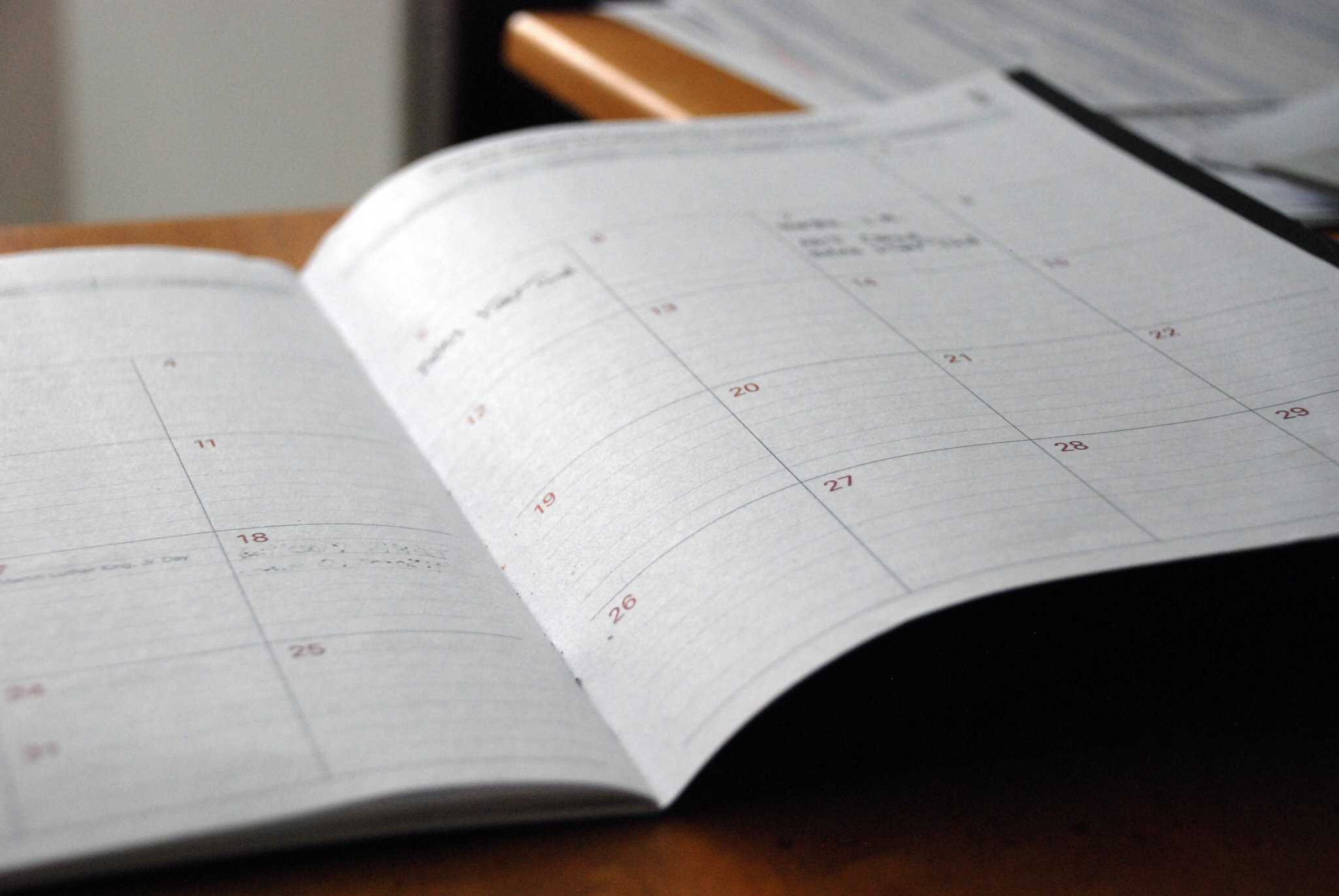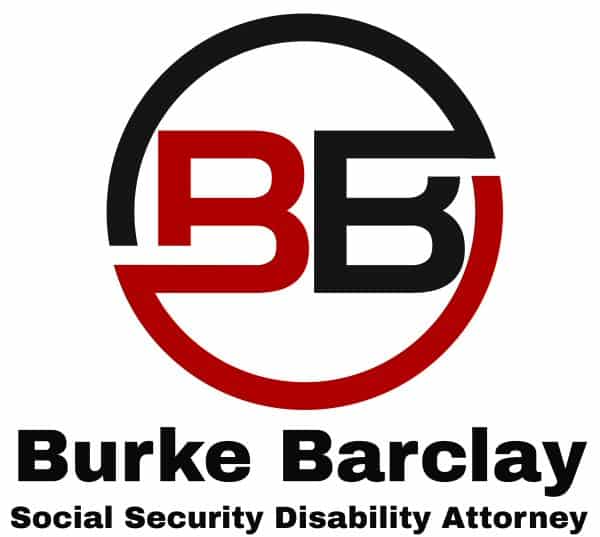Social Security Disability Date of Last Insured (DOL)
Do you know your Date of Last Insured (DOL)?
If you don’t know it, you should. It’s very important and it could determine whether you are determined to be disabled by the Social Security Administration.
To begin with, you have to understand there are two types of disability programs administered by the Social Security Administration. There are Supplemental Security Income (SSI) benefits and Social Security Disability Insurance (SSDI) benefits as well. In order to receive SSDI benefits, you are going to have to be found disabled before the last day of your DOL. If your disability is determined after your Date of Last Insured (DOL), then you will only be able to qualify for SSI benefits.
So, to help explain this issue, here are some examples as to when your DOL comes into play:
Example One:
You are a claimant that was disabled about 4 and 1/2 years ago. SSDI benefits do not last forever. You must have worked five out the last ten years in order to still qualify for this type of disability benefit. Thus, the longer you wait, the greater your chance of losing this kind of disability. So, when you file for disability benefits, you need to show that the day in which you became disabled was within this period when you were still insured for SSDI benefits.
The easiest way to do this is to request an earnings statement from the Social Security Administration and see when you were still creating quarters of work credits. You will need to make sure that you have at least 20 work credits within a 40 quarters. To make this easier, just make sure you have five years of work credits within a 10 year period.
If you do attempt to file your Social Security disability claim and state that you became disabled after your insurability period has expired, you will be denied for SSDI benefits and will have to settle for SSI instead. Where this becomes a real problem is that often people are married and their spouse makes more than $3,000.00 gross per month, which means that the household income is too high and the claimant is unable to qualify for either SSDI or SSI benefits. Which in essence, means that you cannot qualify for either and you are simply out of luck.
Example Two:
This occurs often when a claimant attempts to keep filing for disability benefits over and over again after being denied instead of appealing the first denial. There is the thing in law called res judicata, and what is says is that after there has been a legal decision and the time for appeal has expired, you can’t go back and argue that the decision was incorrect. So, let’s take the typical claimant that has been denied a couple of times, waits and refiles again instead of appealing the previous decision.
Well, every time you start over, you can’t go back and say that you were disabled from the beginning. You have to say that you became disabled after you were denied. So, as you can see, a person that does this keeps inching forward towards that DOL, and will eventually find that he or she no longer has any insurability status and only can then turn to SSI benefits to claim he or she is disabled.
A word to the wise, keep filing an appeal and exhaust your appeal right instead of starting over and over again. You can keep arguing that you were disabled as of the first time you alleged you became disabled rather than having to keep changing your onset date.
Example Three:
This one happens a lot to people who have gone to multiple hearings. It usually takes about two years to have two appeals and a hearing. If you lose at one hearing and start over again, and you have to go to another hearing, this could take up to 4 years. Again, you are quickly approaching, if not by this time, passing your DOL. So, when you go to your second hearing, you are going to have to show that you became disabled after your first denial at your hearing, and before your DOL, and that you are still disabled as of the time when you have your second hearing. It sounds simple, but it isn’t.
You are going to have to have the medical records to back up your claim that you were disabled prior to your DOL and then at the same time have to have enough medical evidence to show that you continue to be disabled. So, in essence, you are having two hearings at the same time. One, to show that you actually were disabled prior to your DOL even though you received a denial at your last hearing; and second, that you continue to be disabled. It’s going to be difficult to convince the judge that both of these occurred and continue to do so.
If none of these examples helped, here is what you need to keep in mind: (1) You are not insured for Social Security disability benefits forever. They expire and the longer you wait to file for your benefits, the harder it is to receive them. (2) When you allege when you became disabled, make sure your medical records reflect this.
Don’t just guess at when you think you became disabled. It hurts your case and you could find that Social Security will either deny your claim because you can’t substantiate the date in which you became disabled or they will make up a date in which they considered you to be disabled (which, by the way, is often not in your favor). (3) If you’re in this situation, and even though it is a complete pain and no one wants to do it, go down to your local Social Security office and review your work credits with a representative unless you have been working for a very long time and you just recently became disabled.
You Need an Experienced Social Security Disability Lawyer
We represent claimants fighting for their Social Security disability benefits throughout Texas and California. Contact the Law Office of Burke Barclay for a highly experienced Social Security Disability Lawyer in Dallas, Texas
"Experienced Social Security Disability Lawyer representing clients throughout the United States who either need to initially file for their Social Security disability benefits or have been denied at one of the various stages throughout the process to give them the best chances of success."
Business Address
The Law Office of Burke Barclay
3838 Oak Lawn Ave.
Suite 1000
Dallas, TX 75219
Business Hours
Monday - Friday
8:00 AM - 5:00 PM





